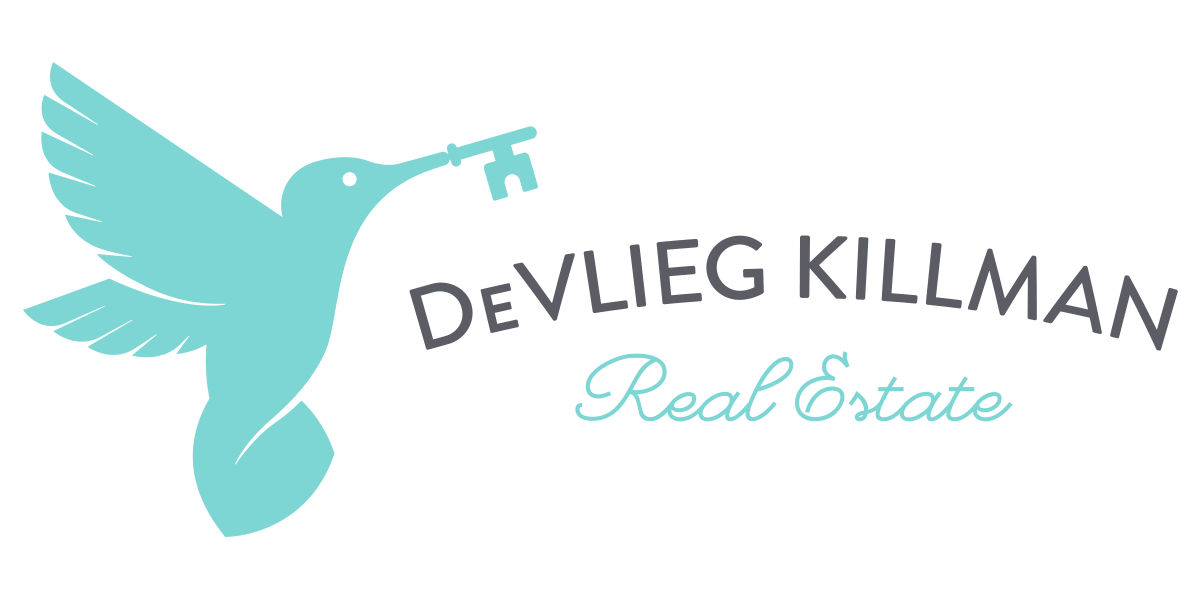![]()
During the home buying process you may be asked to provide an earnest money deposit. But what is an earnest money deposit exactly? After an offer has been made on the house and when buyers execute a purchase contract, the contract specifies how much money the buyer is initially putting up to secure the contract. It’s a basically a good faith deposit, to show “good faith” and that you are serious in purchasing the house. It is money that you give to the home owner to insure an offer to buy the home. The earnest money will be applied to the final price of the house, but can be forfeited if you back out without legal cause. Earnest money deposits however should not to be confused with a down payment.
How much earnest money do I need to deposit?
The amount of the good faith deposit is usually dependent upon the agreed sale price of the real estate. Typically there is no set amount but deposits vary and typically can range anywhere from 1 to 3 percent of the sales price. As a rule of general rule of thumb, you want your deposit to be large enough that your offer is taken seriously, but you do not want it to be so large that you put significant funds at risk.
Who holds the money?
The earnest money deposit should be made to a reputable third party agreeable to you and the seller such as a well known real estate brokerage, legal firm, escrow company or title company.
As a buyer, be aware that if you allow earnest money to be held and deposited by a seller or by a builder or developer for use in construction, you risk that they will not be able to return it to you in the event the transaction does not close for whatever reason. Most buyers prefer to have real estate agents or attorneys hold the earnest money deposit as they are licensed by the state and required to deposit the money in a trust or escrow account, this reduces the risk that the monies will be improperly used. To avoid the loss of your deposit, follow these tips.
• Never give an earnest money deposit to the seller.
• Verify that the third party will deposit the funds into a separately maintained trust account.
• Ask how the money will be returned if necessary. Do they hold the check until it clears or return it?
• Do not authorize a release of your earnest money until your transaction closes.
• Obtain a receipt.
Is the deposit refundable?
This will depend upon your real estate contract, so be sure to review this document very carefully. It is advisable that you consult a real estate attorney who can help ensure that your offer is written in a manner that protects your rights to the deposit. Do your research to get the facts about state law and even local customs on refunds of deposits before your earnest money leaves your hands. Even if your money is refunded, you may not receive the entire amount. Often, third party fees are paid out of earnest money deposits. For example, if an appraisal has been completed on the property then the appraisal fee is going to have to be paid before money can be released to either of the parties. Check the laws in your state as some states have laws requiring the buyer and the seller to agree on the disbursement of these funds before they are refunded, which can lead to further problems and legal action.
A good faith deposit acts like an insurance option for a seller. Because the escrow process can take 30 to 60 days, their property is off the market. The good faith deposit essentially helps reassure the seller you are serious about buying their home.

Leave a Reply